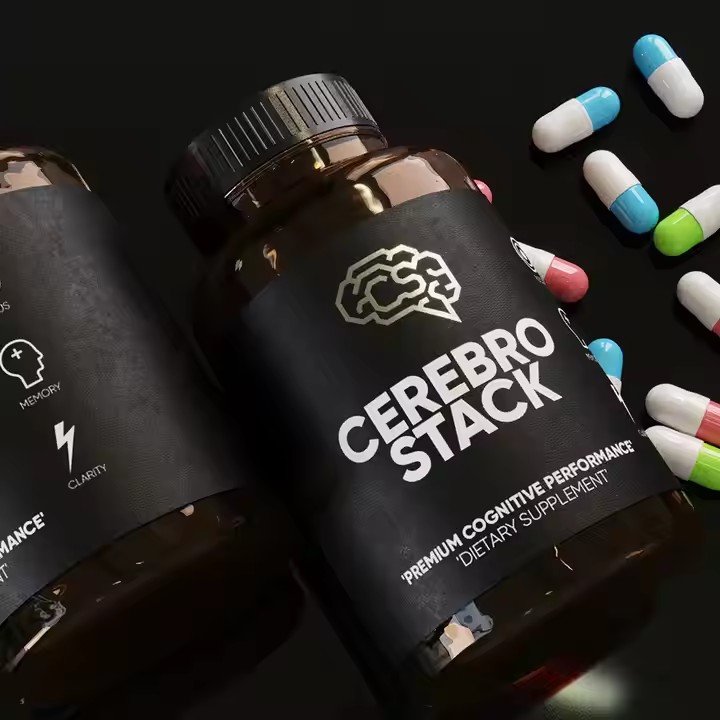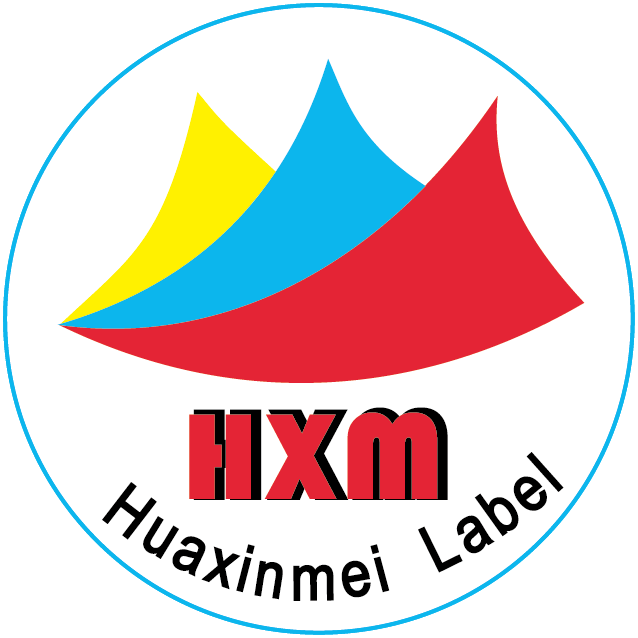Food and Beverage Industry: Packaging Upgrades Driven by Eco-Friendly Attributes
The food industry is the most extensive application field for kraft paper labels, with the core driving force coming from consumers’ recognition of the values of “natural, safe, and sustainable.” In the baking and confectionery industry, kraft paper labels are often used as roll labels directly affixed to paper boxes or metal tins. The natural brown tone of virgin kraft paper visually complements the qualities of wheat, butter, and other ingredients. For example, artisanal bread bags often feature kraft paper labels with hot stamping to highlight the brand name—retaining the natural texture while enhancing refinement. These labels usually use 120–170 g/m² uncoated kraft paper, ensuring resistance to grease penetration and maintaining moisture resistance for refrigerated environments (such as sandwich packaging).
In the coffee and tea sectors, kraft paper labels serve as a key medium for brand identity. Coffee bean bags often use kraft labels not only to display origin and roast date but also to reinforce a “raw and authentic” image through rugged printing styles. Some high-end brands even use embossed kraft paper to simulate burlap textures, echoing traditional coffee bean storage. It should be noted that kraft paper labels in direct contact with food must comply with FDA 21 CFR 176.170 or EU 10/2011 food-contact material standards, ensuring safe levels of fluorescent whitening agents, heavy metals, and other substances.
In alcoholic beverages and soft drinks, kraft paper labels add a retro touch to glass and PET bottles. Craft beer bottles often use waterproof coated kraft paper labels, where VMPET-laminated treatments improve water resistance by over threefold, allowing them to withstand condensation during cold-chain transportation. Juice and vinegar brands prefer recycled kraft paper labels, highlighting eco-friendly credentials with “100% recycled fiber” marks. These labels require a folding endurance of over 15 cycles (MIT folding test) to prevent damage during labeling and transport.

Personal Care and Beauty: Natural Aesthetics as Differentiation
With the rise of “clean beauty” and “green care” concepts, kraft paper labels have become a distinctive element for personal care brands aiming to stand apart from traditional plastic packaging. In skincare and haircare, kraft paper labels are often paired with glass or aluminum containers. For example, handmade soap packaging labels typically use 80–120 g/m² lightweight kraft paper, combined with handwritten-style printing and twine for a “handcrafted” feel. For liquid products like shampoo and shower gel, waterproof treatment is essential—usually with silicone-coated kraft paper substrates and water-based ink printing to ensure durability in humid environments without fading or peeling.
Natural cleaning agents and fragrance products take kraft label use even further. Plant-based laundry detergents and kitchen cleaners often feature unbleached kraft paper labels, using clean designs and minimal line art to highlight “no additives.” Tin candle containers often feature embossed kraft paper labels, with textured surfaces enhancing tactile experience. Some brands incorporate gold or silver foil stamping, creating a blend of natural and luxurious appeal.
Retail and Logistics: Functionality-Oriented Practical Choice
In retail and logistics, kraft paper labels are valued more for their physical properties than decoration. In apparel and textiles, kraft paper swing tags are common—170–250 g/m² thick kraft paper provides sufficient stiffness to hold brand stories, care instructions, and multi-page inserts, while outperforming coated paper in tear resistance, making it ideal for frequent handling. Some outdoor brands use waterproof kraft tags, treated for durability in rain and snow, aligning with the product’s rugged attributes.
In logistics and warehouse management, kraft labels are chosen for their strength. Pallet and inventory labels often use kraft board over 300 g/m² with strong adhesives, ensuring secure attachment to rough surfaces such as wooden crates and plastic bins. With a tear strength of over 8 kN/m (GB/T 12914 standard), they can withstand friction and pulling during handling. Kraft paper’s writability also makes it ideal for temporary markings—permanent markers and ballpoint pens write smoothly without smudging, enabling quick warehouse labeling.
Cultural and Gift Industries: Texture-Driven Value Enhancement
In creative products, attention to packaging detail makes kraft paper labels a key element for value perception. Handicrafts and stationery packaging often use vintage-treated kraft paper, with processes like distressing, dyeing, or hand-torn edges, combined with letterpress or movable type printing to evoke a sense of time and craftsmanship. Notebook and journal seals often use 120 g/m² lightweight kraft paper, die-cut into unique shapes to match the product’s design language.

In gift packaging and festive products, kraft paper labels are used creatively. Gift box seals can be handwritten with greetings, replacing traditional ribbons; holiday decoration tags (e.g., Christmas, Mid-Autumn Festival) may use foil stamping or flocking for seasonal atmosphere while retaining kraft’s natural tone to avoid a cheap look. In this sector, kraft paper labels are often paired with eco-friendly materials such as hemp twine, cotton string, and wooden tags to create a cohesive natural style.
Special Industries: Customized Processing for Professional Applications
In certain professional fields, kraft paper labels are specially processed to meet unique demands. In medical and laboratory use, labels require chemical resistance—laminated kraft paper can withstand alcohol, iodine, and other disinfectants, making them suitable for sterilization tags on medical instruments. In industrial manufacturing, equipment labels may require heat resistance—kraft paper impregnated with phenolic resin can remain stable at 120 °C, making them ideal for engines, boilers, and other high-temperature equipment marking.


